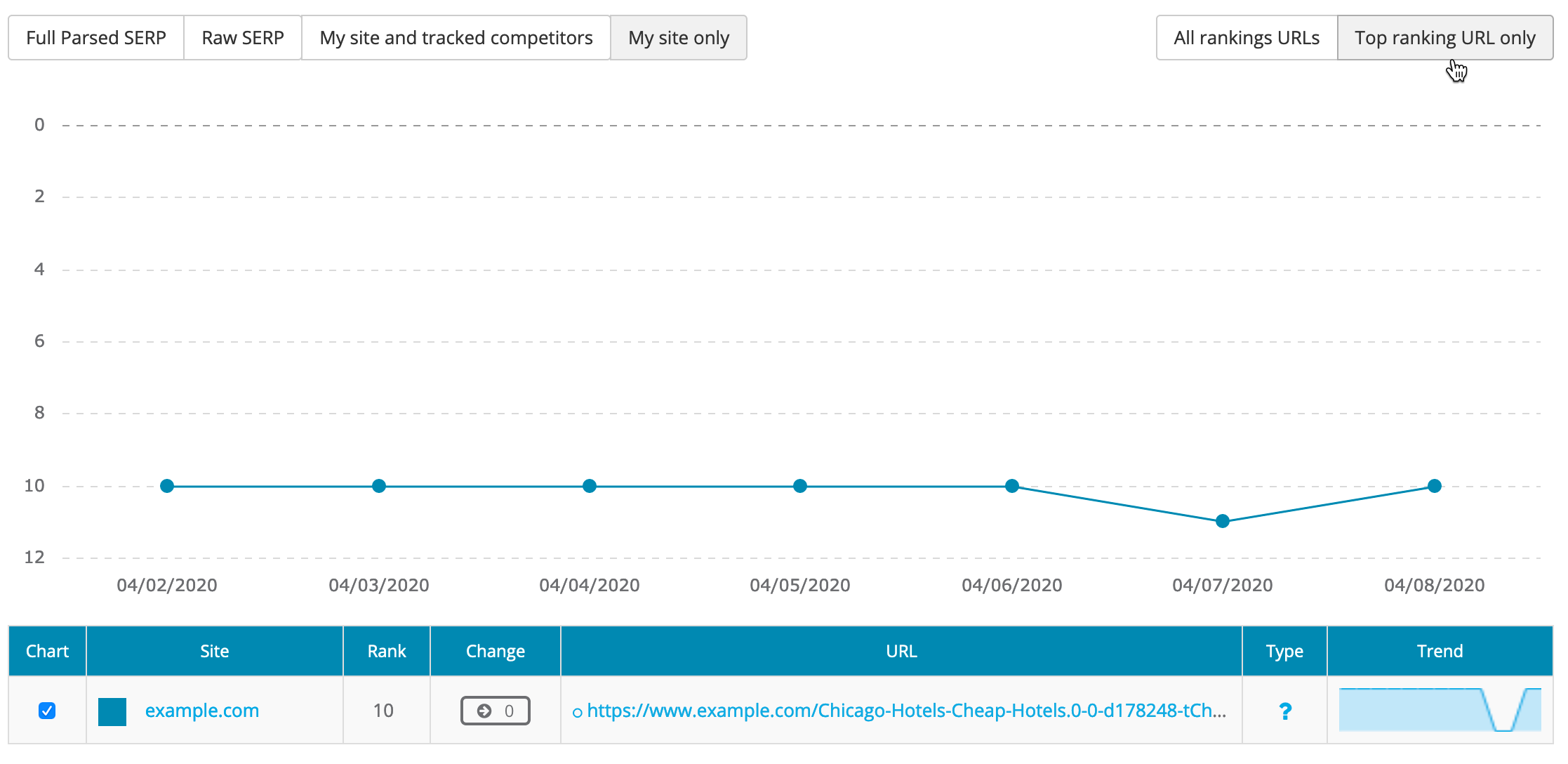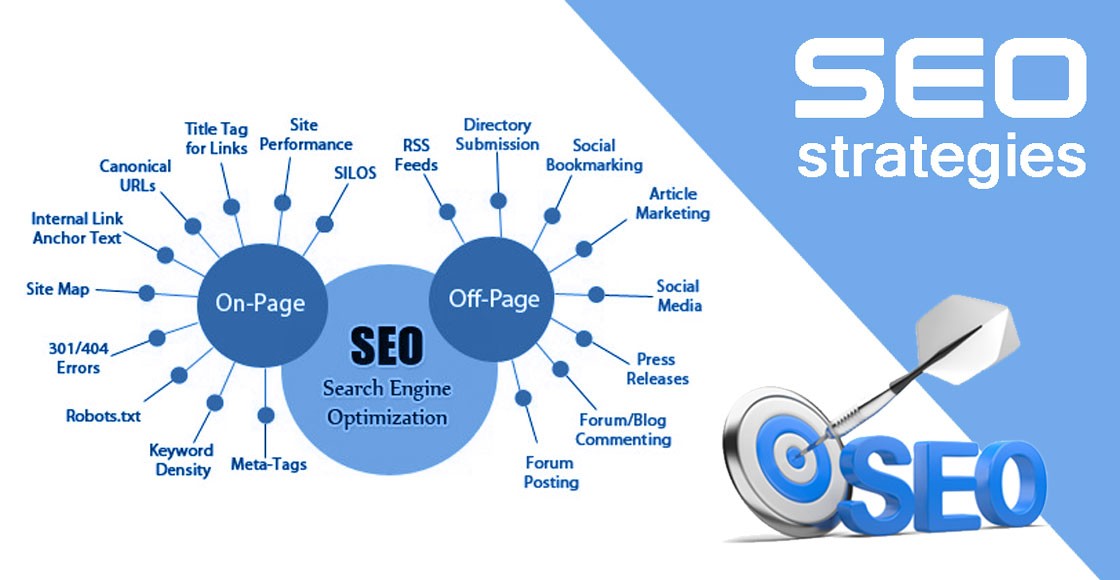
And, as we mentioned before, your ranking directly impacts the visibility and CTR of your website.
The number of backlinks pointing to your websiteĪll of these factors (and more) play a role in how your website ranks on SERPs. In addition to keyword relevancy, there are a number of other factors that impact SERP rankings, such as: This is why keyword research is so important – you need to make sure you’re targeting the right keywords in order to appear on SERPs. In order for your website to rank for a certain keyword, the content on your website must be relevant to that keyword. There are a number of factors that go into determining SERP rankings, but one of the most important is keyword relevancy. And, as we all know, traffic = leads = sales. The higher your website ranks on a SERP, the more likely people are to see it and click on it. SERP rankings are important for SEO because they directly impact the visibility and click-through rate (CTR) of your website. This is why SERP rankings are so important – because they determine which results will be displayed when someone performs a search. Some SERPs also display other information beyond just webpages, such as images, videos, local results, and more. These relevant pages are then displayed on the SERP, usually in the order of relevancy (with the most relevant results appearing first). When you type in a query and hit “enter”, the search engine uses an algorithm to determine which pages are most relevant to your query. 
The results that appear on SERPs will vary depending on the query – for example, a search for “Pizza in Fort Lauderdale” will yield different results than a search for “The best digital marketing agency in Fort Lauderdale”. In simple terms, SERPs are the pages that appear when you perform a search on a search engine like Google or Bing. SERP is an acronym, it stands for Search Engine Results Page. In this article, we explain what SERPs are, why SERP rankings are important for effective Search Engine Optimization (SEO), and how you can use them to generate more business.

It stands for Search Engine Results Pages, which is a critical component of any digital marketing strategy.

SEO, CMS, CTR, PPC, GBP, CPL, CPA – the list goes on! One acronym that is important to understand is SERP rankings. When it comes to the digital marketing landscape, there are plenty of acronyms to keep up with.







 0 kommentar(er)
0 kommentar(er)
